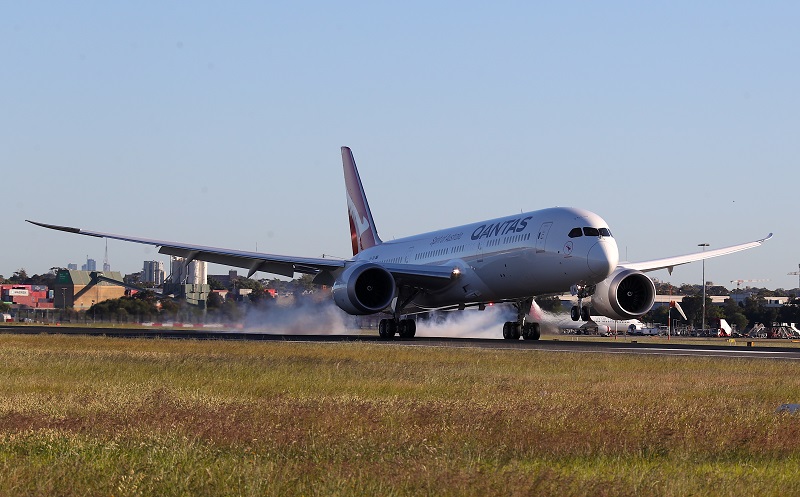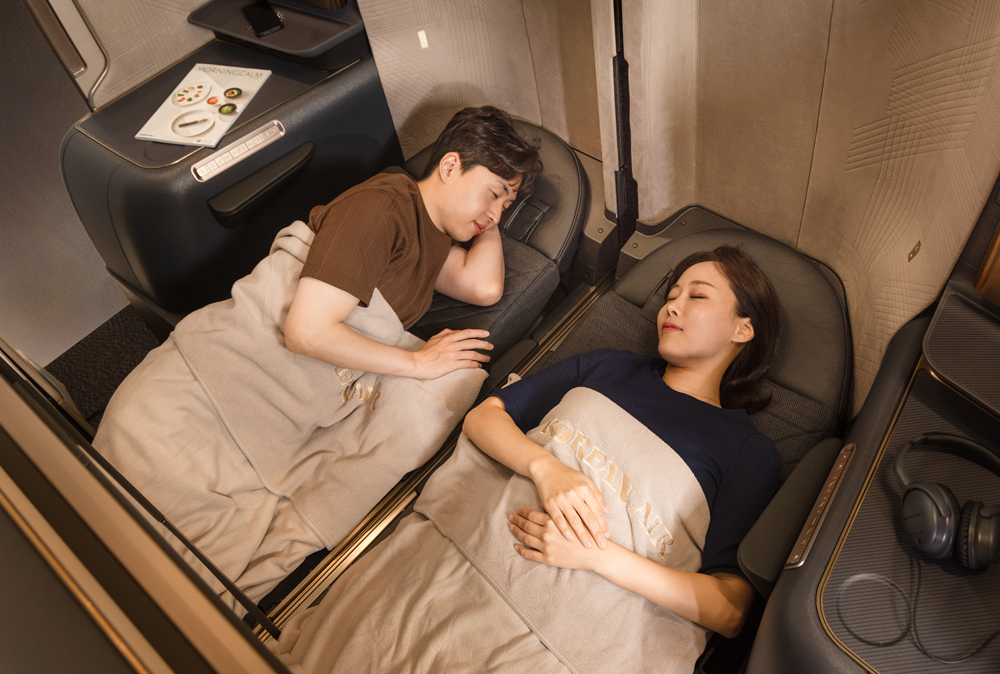Qantas pilots warn fatigue system may be illegal
23 January, 2020
4 min read
By joining our newsletter, you agree to our Privacy Policy


Australian pilots say the nation’s regulator will breach its legal safety and responsibilities if it accepts a new fatigue risk management system without consulting with the people directly affected.
The Australian and International Pilots Association has warned it may take legal action if the Civil Aviation Safety Authority pushes ahead with permanent changes to the system without consulting with it.
AIPA represents most pilots at Qantas, which is trying to extend its ultra-long-haul flying capabilities.
The union’s misgivings apply to a fatigue risk management system (FRMS) that has been under trial since February 2019.
READ: CHina widens travel restrictions to three cities as virus fears grow.
AIPA safety and technical director Shane Loney said there had been discussions at various levels up to CASA boss Shane Carmody about active engagement by the association in developing and approving fatigue risk management systems.
But he said it had been rebuffed because it was a union.
“That, we contend, is contrary to the Civil Aviation Act,’’ Loney said. “And apart from that legal interpretation of the Act it just defies good sense.,
“As pilots, every day we go to work and our prime concern is the safety of our aeroplane and our passengers and when it comes to fatigue it’s exactly the same.
“The people who live and breathe the aircraft operation, and the fatigue issue in particular, are its crew.
”That means if you’re not engaging with the pilots, the people who suffer this at work, then how on earth does a regulator get to understand the current live issues and project those into the future?”
AIPA maintains that CASA has not just failed to meet the requirements of its governing legislation but also guidelines set by the International Civil Aviation Organization.
Loney said AIPA had only been provided with heavily redacted documents in response to Freedom of Information requests on the Qantas FRMS.
He warned that failing to consult with pilots would put aviation safety at risk.
He said AIPA pilots were involved in multiple working groups on other safety issues through AusALPA.
“Frequently, when our volunteers are involved in those meetings, the comments are made that ‘We’re really pleased you’re here because you are the guys that understand the issues.’,’’ he said.
“But when it comes to something like the fatigue risk management system it’s like they are more concerned about the commercial interest of an airline rather than the safety aspects.
“We have seen from the banking royal commission what happens when regulators do not properly regulate.”
CASA is looking to increase planned duty limits to 20 hours but AIPA claims it does not have sufficient scientific or operational backing for the move.
The pilots are also worried by a move to allow a captain, a first officer and two second officers to crew ultra-long-haul routes instead of the more senior crew used by other airlines.
Loney said CASA was poised to endorse a fully-authorized fatigue risk management system after the year-long trial but it would not cover Project Sunrise operations, which would need further changes.
The concern was how the traveling public and Qantas crews could have confidence that Sunrise would be achieved safely if the regulator and the airline could not agree on how business should be conducted now.
“It’s the process that's flawed because they haven’t considered all the safety aspects and they haven’t spoken to the pilots,’’ he said. “So we need to fix the process so we can all have confidence into the future that, with both the regulator and the airline, we will deal with fatigue safely.”
AIPA legal advisor and former senator Nick Xenophon said the process was troubling for Australian travelers because it appeared CAAS was protecting the commercial interests of airlines at the cost of genuine health and safety considerations.
“We need to have faith in the decision-making process - that it is based on independent science and that it properly involves the men and women who will be tasked with flying these planes,’’ he said.
A CASA spokesman said the regulator was aware of the concerns raised by the pilots.
“CASA is continuing to work through these concerns with AIPA,’’ he said, adding that CASA was closely monitoring the 12-month FRMS trial.
“Data gathered from this trial will enable informed discussion with relevant stakeholders as to potential fatigue risks,’’ he said.
“CASA will consider the results of this trial in the context of risk to aviation safety.”
Next Article
2 min read
Qantas triples profit but misses mark

Get the latest news and updates straight to your inbox
No spam, no hassle, no fuss, just airline news direct to you.
By joining our newsletter, you agree to our Privacy Policy
Find us on social media
Comments
No comments yet, be the first to write one.
